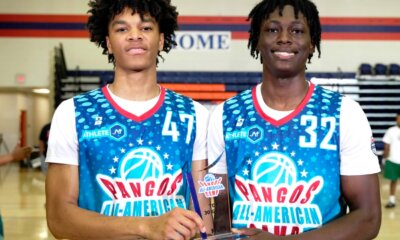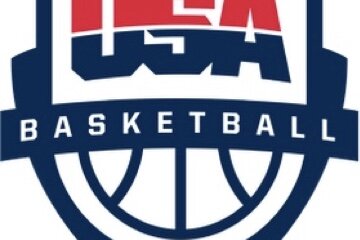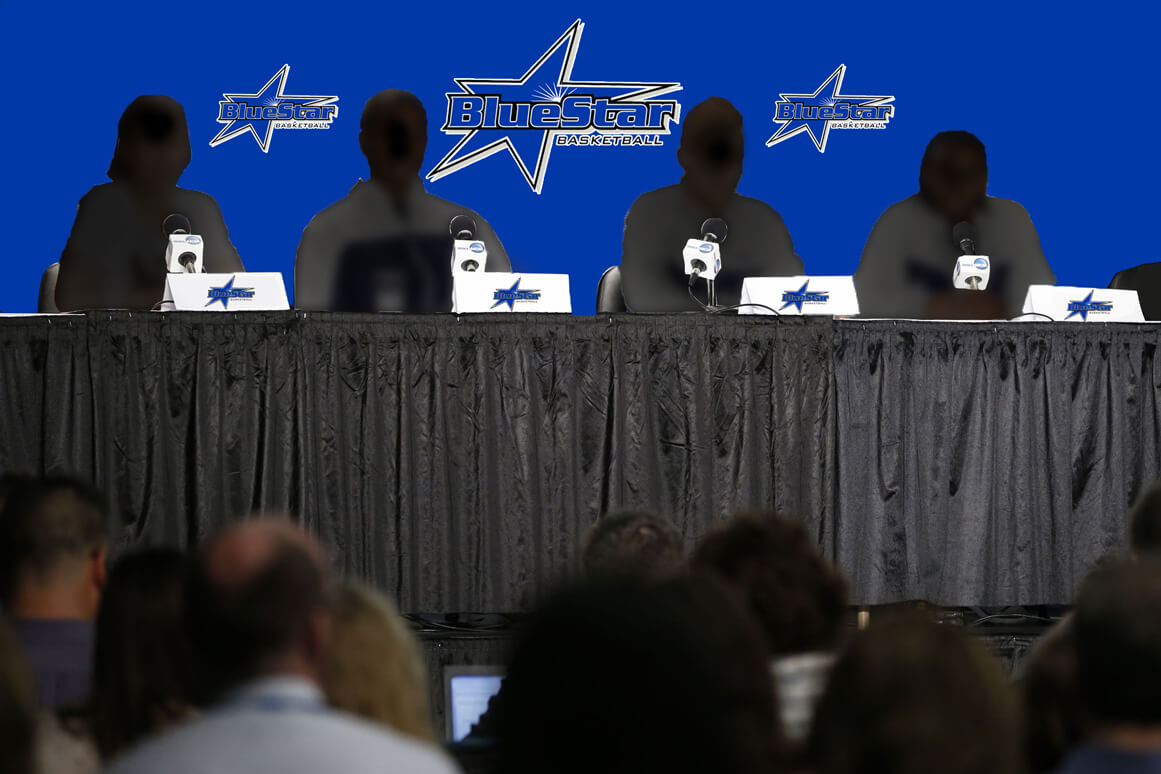One of most-asked questions following last Friday’s decision in O’Bannon v. NCAA has been this:
What does this mean for Title IX and women’s sports?
To pose another related question that’s come up in hoops coaching circles in the last few days:
Could women basketball players conceivably receive what’s called “full cost of attendance” stipends that could be provided to male hoopsters?
The answer: It’s not clear what O’Bannon means for women’s and other non-revenue sports — at least not yet — and not just because U.S. District Judge Claudia Wilken ruled on a lawsuit that involved athletes in revenue-producing sports (FBS football and men’s basketball) only.
Before the trial, Wilken denied the NCAA’s claims that athletes shouldn’t be paid because of Title IX.
Her ruling, which found the NCAA to be in violation of antitrust provisions, is going to be appealed, possibly by both parties.
The O’Bannon ruling came on the heels of an NCAA vote, also last week, that grants the 65 schools in the “Power 5” conferences — the ACC, Big 10, Big 12, Pac 12 and SEC — more autonomy in making rules for such things as stipends, insurance and recruiting.
Some of those conferences were ready to put forth a stipend package as both of last week’s ground-breaking developments approached. While Wilken struck down the NCAA’s prohibition on stipends, she did not require that schools or conferences give them out.
Under the stipend/trust fund provisions set forth in the ruling, schools that wish to offer them to athletes in big-time football and men’s basketball must set a minimum of $5,000 per year, per athlete, above the cost of their athletic scholarships.
Ellen Staurowsky, of the Drexel University sports management program and a witness at the O’Bannon trial, told espnW in an article published Wednesday that regarding the implications of the ruling for Title IX, “a lot of it is going to depend on what the power elite is going to do with the autonomy they have.”
An O’Bannon trial consultant, sports economist Andy Schwarz, reiterated Wednesday that the ruling does not conflict with Title IX. In a Deadspin article, he predicted the stipend issue would be viewed as being related to spending on financial aid and therefore subject to Title IX’s “substantial proportionality” provision.
The introduction of stipends, he argues, “would tend to increase total spending on men, and thus increase the total spending needed to keep the women’s programs in proportion” to their participation rates:
“Suffice it to say that the most likely outcome of increase spending on men under Title IX is proportionally higher spending on women. It won’t be hard to comply with Title IX in this new world. It might be slightly harder to skirt the law’s purpose by not matching male spending with female spending, but that seems like a benefit, not a flaw.”
(Schwarz has blogged extensively about Title IX on his own blog, Sportsgeekonomics.)
Even before the O’Bannon trial in June, perspectives about the consequences for women’s athletics ranged far and wide, coming from Title IX activists, legal experts, economists and others.
In March, the National Labor Relations Board ruled that football players at Northwestern University could hold a vote on unionization, another potential legal threat to the NCAA.
The issue also could result in the redefinition of athletes in revenue-producing sports as employees, rather than as “student-athletes,” with possible Title IX implications.
Title IX advocates still believe most schools aren’t in compliance with the law even now, not just in spending, as Schwarz has examined, but in areas such as promotion and publicity, which might be a factor if athletes are paid.
Erin Buzuvis of the Title IX Blog insisted that whatever additional benefits male athletes get must be provided to women:
“The fact that male athletes obtained the benefit through collective bargaining is beside the point; it does not absolve the university of having to ensure equal treatment under Title IX.”
Law professor Marc Edelman of the City University of New York cited the Marianne Stanley case from 1994 in arguing to the contrary:
“If NCAA members are already willing to pay more to male coaches if they generate more revenues, then what is really stopping them from adopting the same business practices with respect to male athletes?”
As the O’Bannon trial approached, leading sports attorney Jeffrey Kessler called the Title IX issue “a complete canard,” saying that case is about matters of compensation, not participation:
“You’d have the same opportunities, except in those two sports (football and men’s basketball) the schools would be free to treat the athletes more fairly given the revenue being generated. It’s really no different now than the head football coach at Alabama, I’m sure, makes more money in salary than all of the female coaches at Alabama put together. That’s not a Title IX violation.”
Wendy Parker is a sportswriter and web editor who has covered women's basketball since the early 1990s. She is a correspondent for Basketball Times and formerly covered women's and college sports, soccer and the Olympics at The Atlanta Journal-Constitution. She is the author of "Beyond Title IX: The Cultural Laments of Women's Sports," available on Amazon, and the creator of Sports Biblio, a blog about sports books and history.

Latest Articles
-


Christopher Lawlor
/ 7 hours agoSTARS SHINE: Diop, Hudson earn Co-MVPs at 23rd Pangos All-American Camp in Las Vegas
LAS VEGAS – The Pangos All-American Camp did not disappoint. For three days the...
-


Christopher Lawlor
/ 2 days ago23rd Pangos All-American Camp tips off in Las Vegas with nation’s elite players congregating for national showcase event
LAS VEGAS – The summer circuit is nearly two months old but it really...
-


Christopher Lawlor
/ 6 days agoU16 USA Women’s Basketball National Team roster selected for 2025 FIBA AmeriCup in Mexico from June 16-22
COLORADO SPRINGS, Colo. — USA Basketball announced today the 2025 USA Women’s U16 National...
-
Christopher Lawlor
/ 6 days agoU16 USA Men’s Basketball National Team roster chosen for 2025 FIBA AmeriCup next week in Juarez, Mexico
COLORADO SPRINGS, Colo. – The team is set and now for the games South...



